
Understand the essence of core Jungian concepts
Kenneth James, PhD., is a treasured teacher and seasoned Jungian psychoanalyst. His calm precision and good humor help Jung’s sometimes slippery ideas take shape and fall into place.
In this course, Ken James presents the concepts of complex, archetype, image, and symbol in depth. Each concept will be related to the others and placed within the larger context of Jung’s Analytical Psychology.
Participants will learn not only the theoretical foundations of these key concepts but also how to use each of them to further their own inner work on their journey toward individuation.
Learn the Jungian talk and walk the Jungian walk, with Dr. Ken James.
4 Class Course
90 min
8 am PT/ 11 am ET
June 22, June 29,
July 6, July 13
What you will receive
4 Videos & 4 Audio recordings
Access to your own Jung Platform account where all the content you've purchased will be stored.
Course Description
Carl Jung left us many vital, yet often challenging, psychological ideas and methods. Dr. Kenneth James is among the best of guides to help us approach and contemplate them. Ken James is a renowned Jungian analyst and gifted teacher. He blends his hand-drawn charts with precise definitions, and presents profound truths with humanity and humor. Carl Jung as taught by Ken James becomes a living doorway to the psyche.
This course will focus specifically on the inter-relationship of complex, archetype, image and symbol, as conceived of by Carl Jung.
Among the many contributions to psychology and psychotherapy initiated by Carl Jung, one of the most important is his idea of the complex. Eventually defined as a ‘feeling-toned set of ideas and images’. The concept of the complex was considered, also by Freud and his followers, to be a significant contribution to the field of psychoanalysis.
Jung’s exploration of the complex led him to consider how complexes form.
While recognizing complex material’s origin in personal experience, Jung wondered about the organized nature of the unconscious. If complexes derived solely from personal experience, the unconscious would likely be haphazard, reflecting one’s personal life experiences. Yet, Jung observed a well-structured sublayer in the unconscious, leading to his theory of the dual-layered unconscious. This theory encompasses the personal unconscious, where the complexes are found, and the collective unconscious, composed of archetypes. Jung speculated that these archetypes might serve as cores for complex formation.
Jung appreciated the capacity of the psyche to generate images, sometimes mundane, sometimes enigmatic. He felt these images contained significance which, if explored, could release healing energy into the work by means of the symbol.
Jung hypothesized that the psyche expressed unconscious contents through the generation of images through what Jung called the transcendent function. If sufficiently valued and reflected upon by the conscious mind, these images could become symbols, carriers of meaning from the unconscious to the conscious mind. This foundational concept led Jung to use images from dreams as essential ingredients in the healing work of analysis.
This course is ideal if you want to:
- Comprehend fundamental concepts of Carl Jung’s psychology that are often misunderstood.
- Enjoy the wide and deep vision of an all-time favorite Jungian teacher.
- Understand what the terms complex, archetype, symbol and image really mean and how they relate to each other.
Course Overview
Class 1. Definitions and Focus on the Complex
In session one, we will define “complex” “archetype” “symbol” and “image” and more intensively consider the concept of the complex. This will include a summary of the discovery of the complex and Jung’s exploration of its implications for both psychotic patients and the people who came to his private consulting room for analytic treatment. A description of some common complexes will also be offered, along with a discussion and question-and-answer time with the course participants.
Class 2. Archetype and the Structure of the Psyche
The archetype will be examined in depth, including the relationship between the archetype and the complex. This will lead to a description of the structure and dynamics of the psyche. The description will include the concepts of complex and archetype and explain the Ego as a complex (in contrast to the Freudian understanding of the Ego as a structural component of the psyche) and the relationship between the Ego and the archetype of the Self, which is unique to Jung’s Analytical Psychology. We will also explore how we encounter archetypal material in waking life and dreams.
A discussion and question and answer time will also form part of the class session.
Class 3. Image, Symbol and the Transcendent Function
In session three, the role of the image in our psychological life will be examined. The capacity of the psyche to create images and the universal presence of images in all human cultures across all geographic space and throughout history will be explored, and the enigmatic nature of raw images that present themselves to us either in our dreams, daydreams, and visions as well as from other cultures will be considered. Images taken from history and different cultures will be subject to group exploration. The transformation of the image into the symbol will be described, and the role of the transcendent function in both the creation of the image and the maintenance of the symbol will be explained.
As with previous classes, a discussion and question and answer time will also form part of the class session.
Class 4. The Role of Complex, Archetype, Image and Symbol in Individuation.
In session four, the integration of the concepts of complex, archetype, image, and symbol and their role in individuation will be examined. The dynamic nature of the process of individuation will be emphasized, as will the importance of suffering, and the roles of causality and finality (or historical causes and teleological movement) in the healing of suffering will be described. The importance of consciousness and conscious engagement with the healing process, which we call individuation, will be emphasized, and ways of working with unconscious material will be explained.
A discussion and question and answer time will also form part of the class session.
By the end of this course you will be able to:
- Be fluent and correct in the use of the terms archetype, complex, image and symbol.
- Sense the reality and underlying order of the psyche.
- Be able to explain the necessity and possibilities of complexes.
- Have a renewed sense of agency, meaning and support from within.
Scholarships
We here at Jung Platform want to make these programs available to anyone. If you would love to participate yet can’t pay for the full course, then please send us an email at [email protected] and describe why you feel you qualify for a scholarship, how much you can pay, and what you will do to help the Jung Platform promote this and other programs.
The Jung Platform Guarantee
We stand by our programs. If within 30 days of your purchase or the live course start, you're not satisfied, we offer a replacement or a full refund.
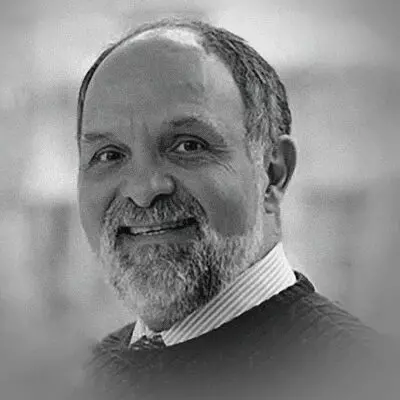
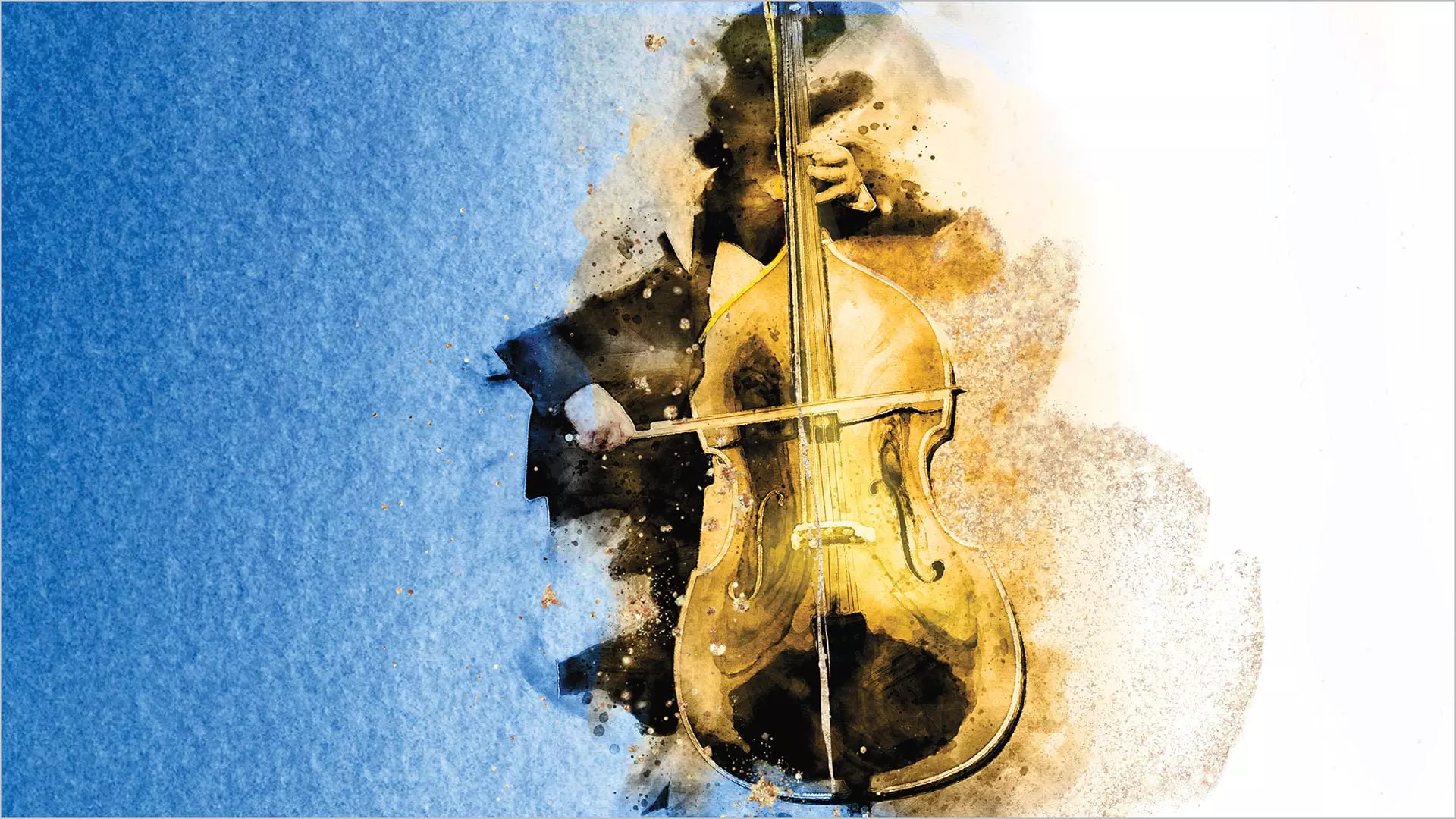
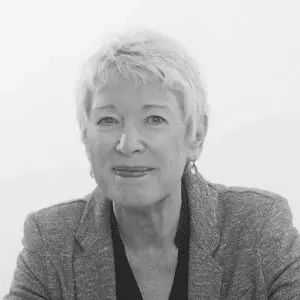
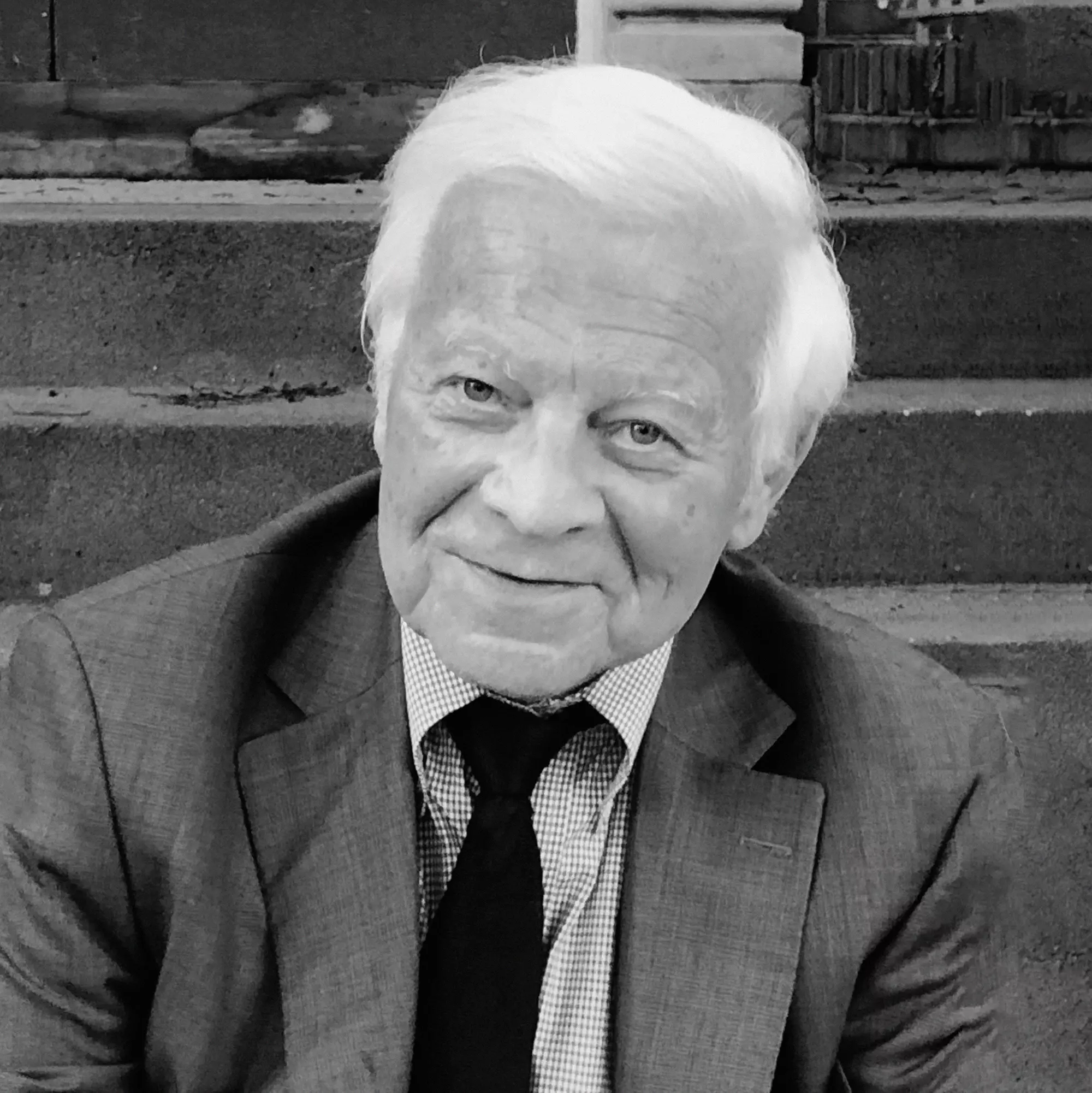
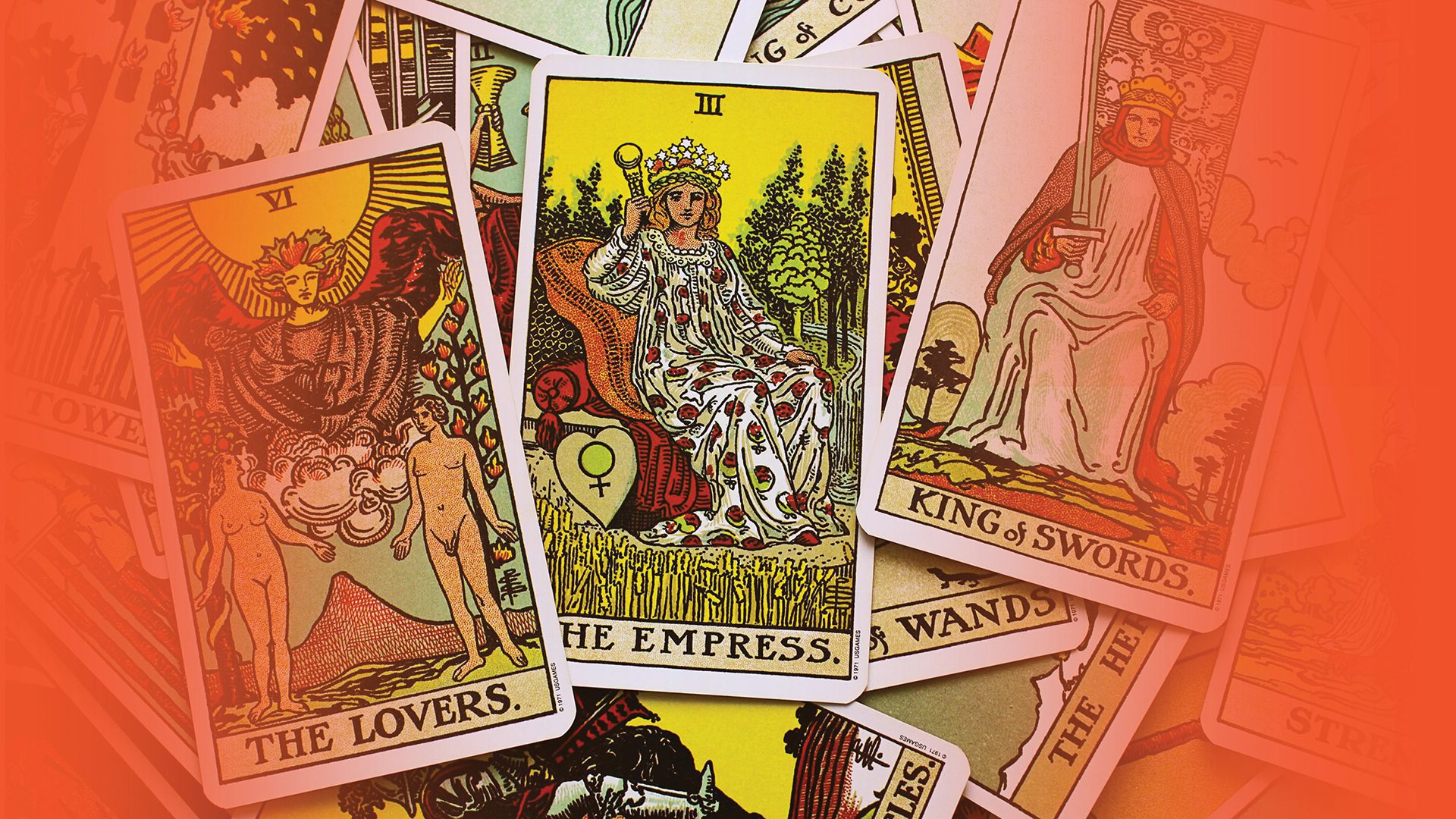
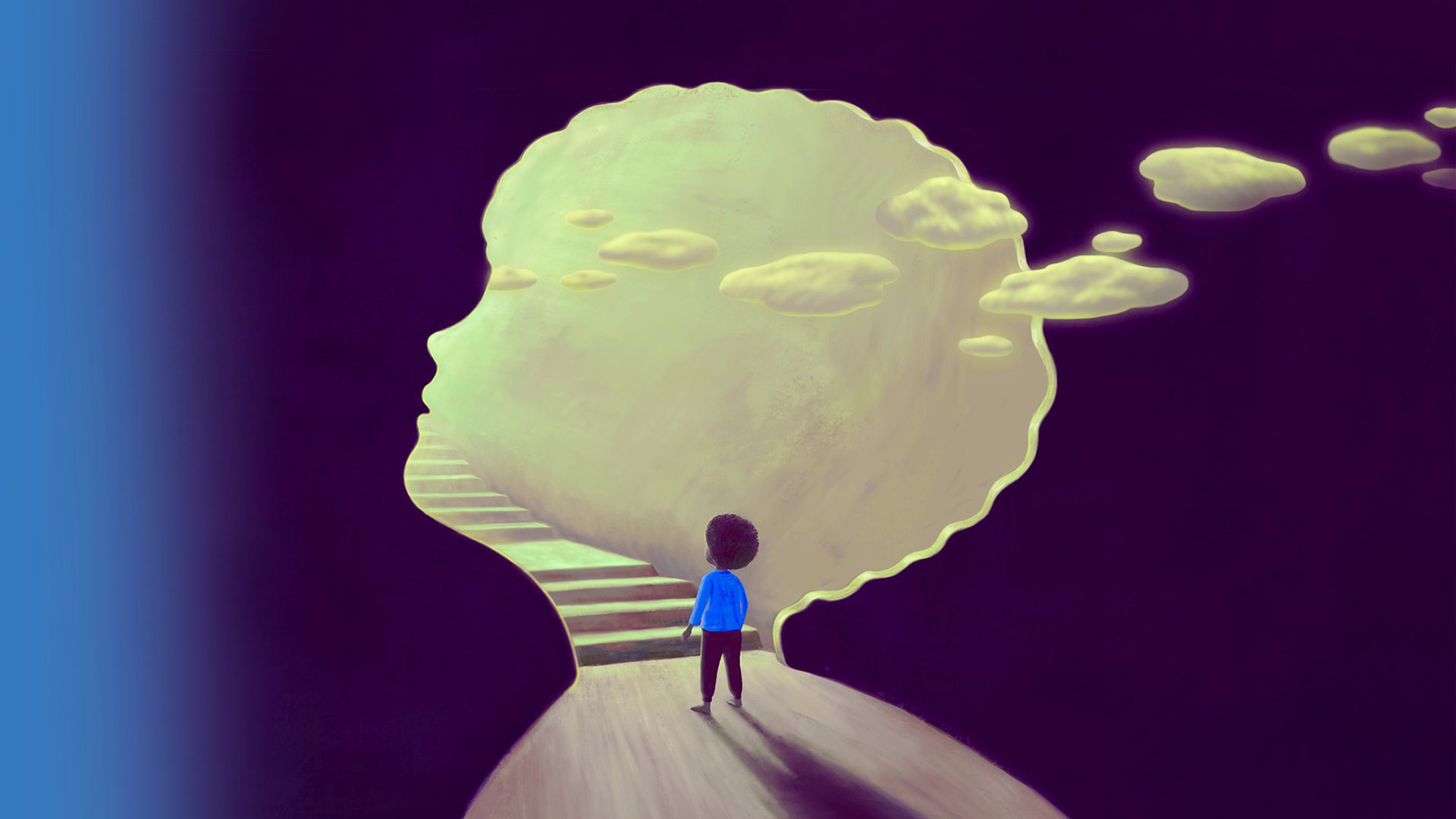

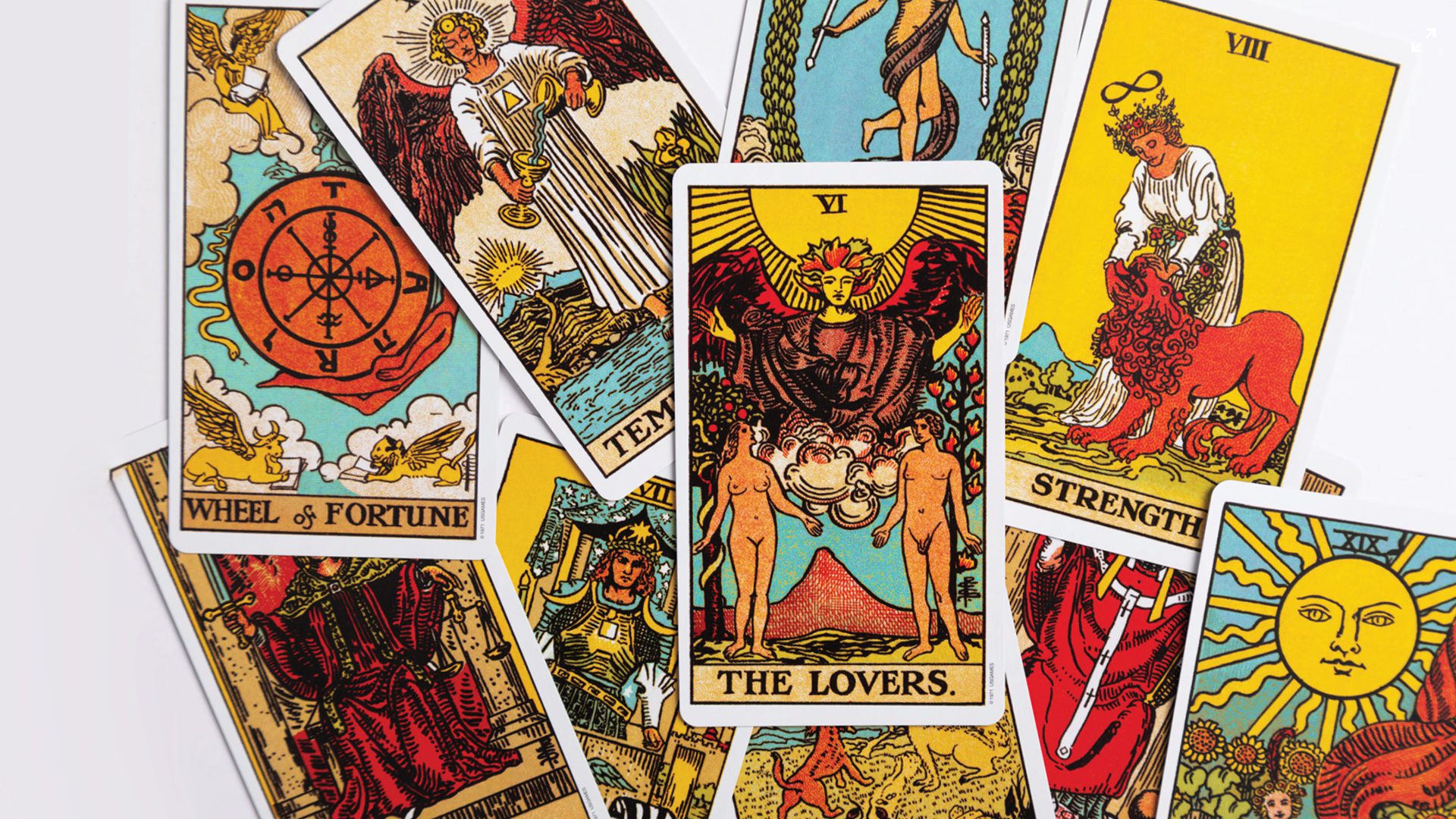


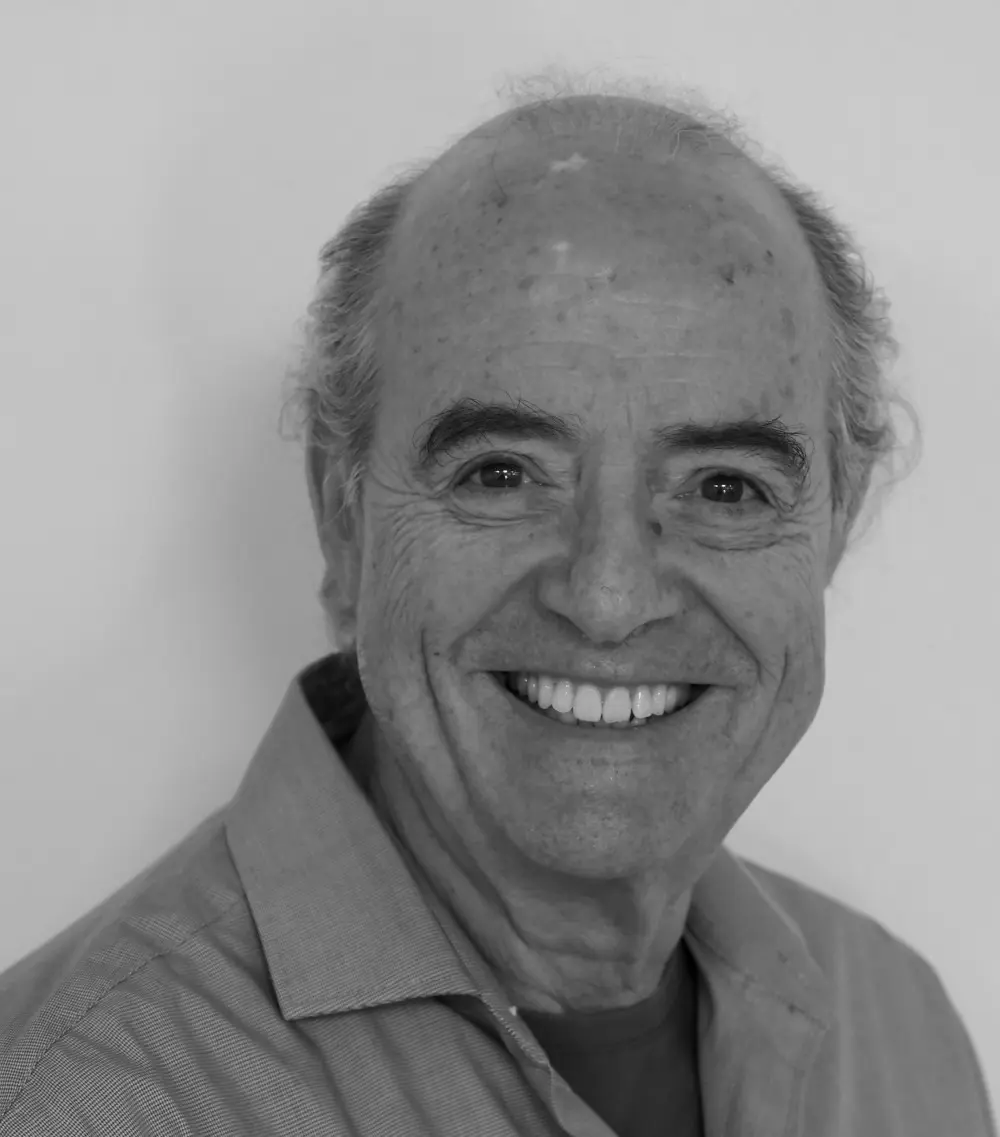






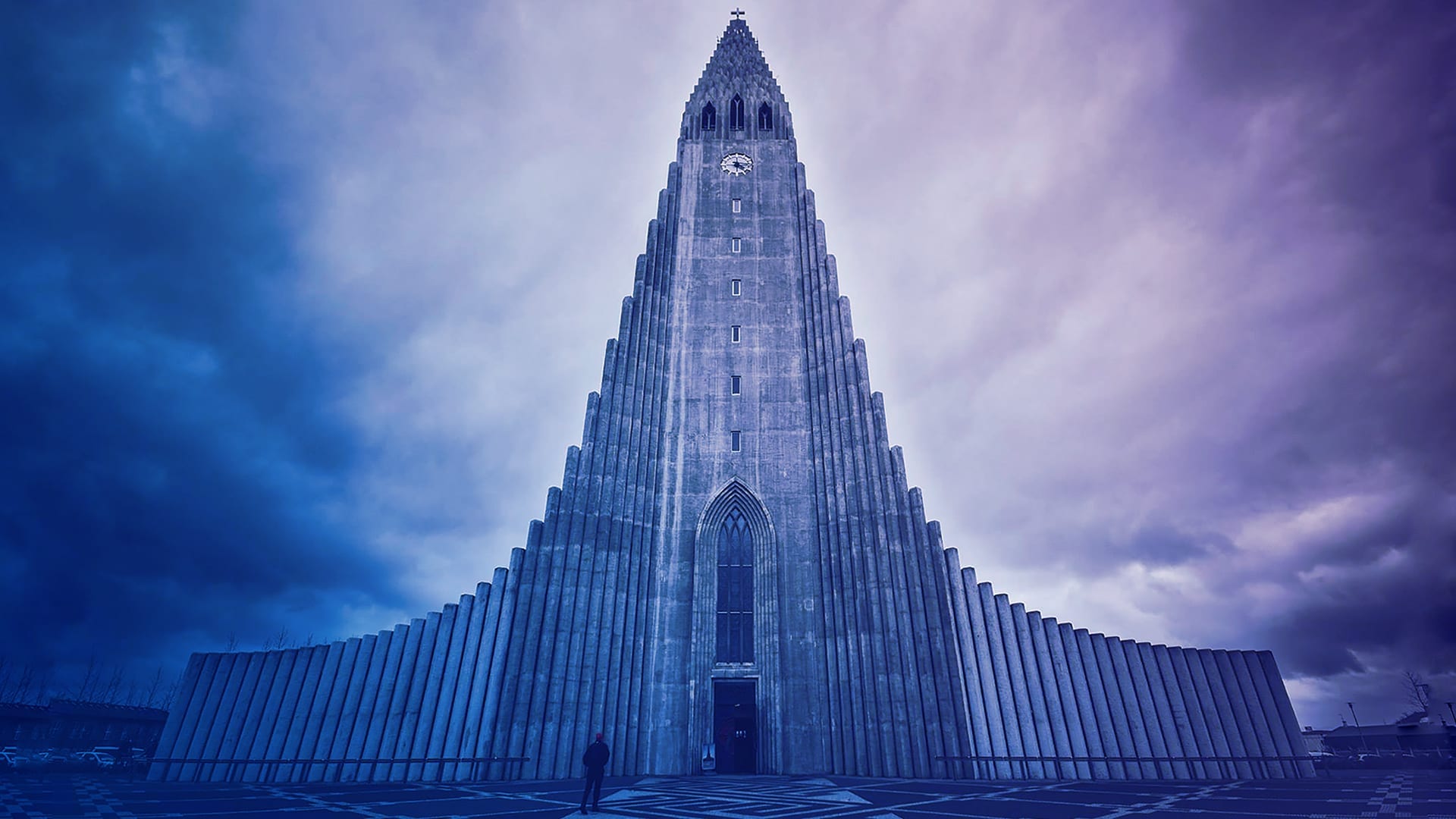
There are no reviews yet.
Only logged in customers who have purchased this product may leave a review.